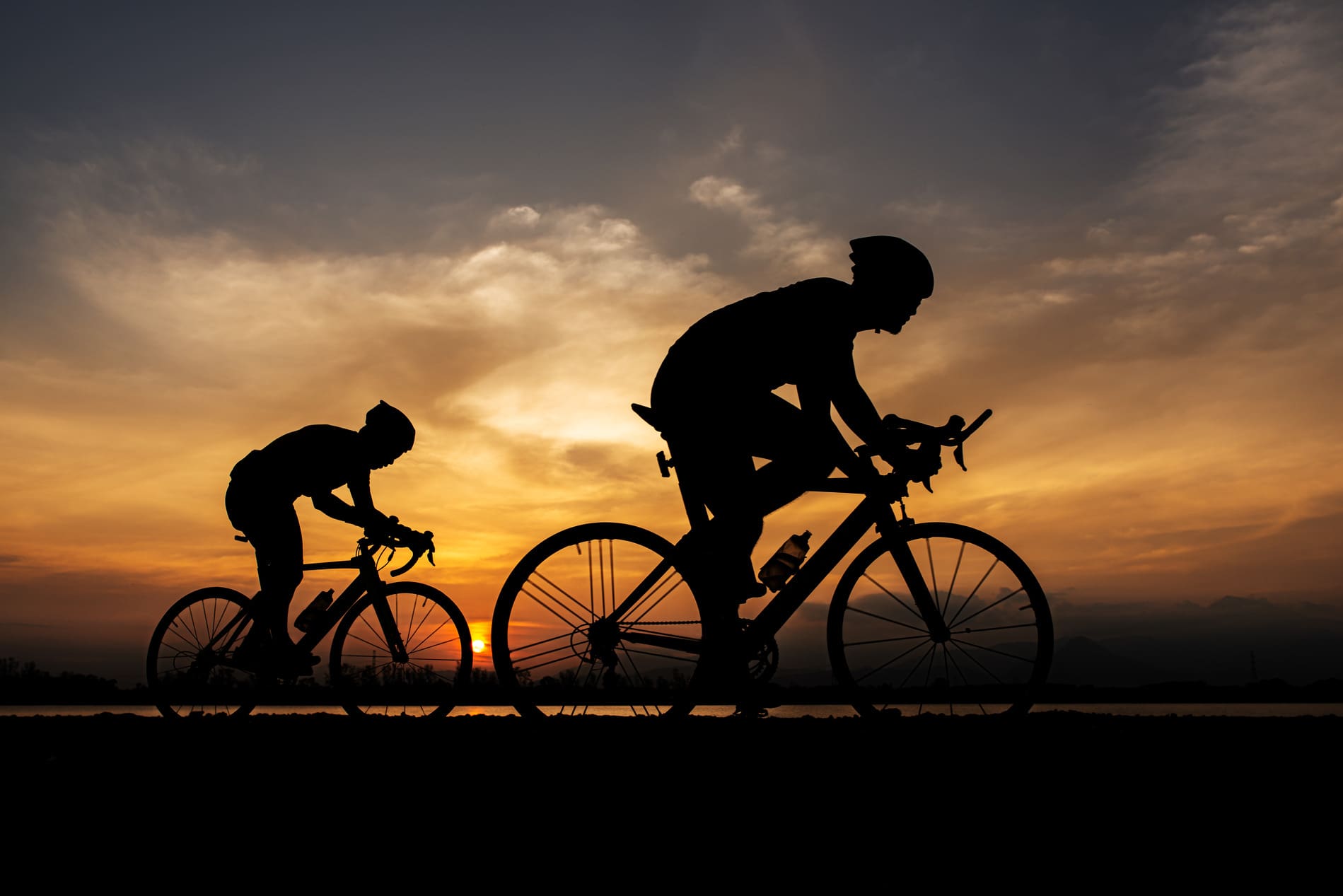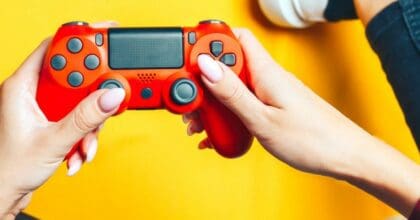The Olympic Games – and the events, pageantry and branding that surrounds them – have long been a lively representation of real-time cultural shifts happening in the world. While wise brands always try to stay consistently up-to-date with current consumer trends, the world stage that the Olympics provide is a rare opportunity for global companies to prove that they’re ahead of the trends.
For example, leading up to and during the 2014 Winter Olympics we saw innovative brands prove themselves to be ahead of Gender Agenda – one of Mintel’s four key US Consumer Trends for 2015 – which identified the conversation around gender equality and gender identity as being louder than ever before:
- American Apparel launched a branded clothing line campaigning against gender discrimination at the Sochi Olympics.
- Vodka brand Stolichnaya responded to LGBT boycotts of Russian vodka by supporting the LA Gay & Lesbian Center.
- Scottish Craft brewery BrewDog introduced a beer meant to protest Russia’s law against ‘homosexual propaganda’ called ‘Hello My Name is Vladimir.’
Also surrounding the 2014 Winter Olympics, and ahead of the curve of Mintel’s 2015 UK Consumer Trend Toxic Avengers, brands recognized that international events were putting emissions and toxicity back on the agenda, but it was the threat of pollution to human health that drove technological innovation and clean, protective product launches. Dow Chemical, for instance, as one of the Sochi Olympic corporate sponsors, vowed to offset 100% of the estimated travel footprint associated with spectators and media.
Now, just ahead of the 2016 Summer Olympics, we’re already seeing innovative products, services and communications that truly give us a glimpse into our evolved world of the future:
- As culture continues to globalize, Uber has launched UberENGLISH in Rio de Janeiro, a service that gives riders visiting for the Olympics a chance to request Uber drivers who are proficient in the English language.
- To promote the concept of contactless payments, Visa and Brazilian bank Bradesco will trial a pre-paid chip wristband that can be used to buy goods and services inside Rio’s Olympic venues.
- As wary people everywhere increasingly prepare for the worst, the South Korean Olympic Committee has debuted 2016 Olympic uniforms that are infused with mosquito-repellent chemicals and are designed to protect athletes against the Zika virus.
- To help give Brazilian Olympic athletes the confidence boost they need to succeed, J. Walter Thompson has created a wristband-supported augmented reality (AR) app inspired by the inspiring journey of late renowned racing driver Ayrton Senna.
It is anticipated that we will see brands provide Olympics coverage via virtual reality (VR) and live-streaming experiences, allowing fans to immerse themselves in the action. Already, we’ve seen such approaches in the sports world – many sponsored by brands:
- At a recent Cleveland Cavaliers game, Budweiser distributed beer-carrying cases that double as VR viewers. Users could use the viewers to access content, such as a locker-room tour, built directly into the NBA team’s app.
- In November, the Golden State Warriors becoming the first NBA team to stream a game in VR, allowing fans at home to virtually sit at center court.
- Eurosport released an app that allows fans to use their phones – or even better, a VR headset – to experience sporting events via virtual reality.
- In Europe, Nissan live-streamed a 360º broadcast of the streets of Madrid during the Champions League football final. The live stream was designed to put viewers in the heart of the action as Real Madrid took on Atletico Madrid in the cup final.
We’re also witnessing the previously mentioned Gender Agenda trend solidify further; the IOC announced in February that it will now permit transgender athletes to compete in the Games without having to undergo sex reassignment surgery first.
Looking even further out, Japan is already starting to adapt to cultural shifts for the 2020 Tokyo Olympics, installing WiFi at the top of Mount Fuji to cater to an always-connected society.
With all of this happening, as Mintel Trends develops our regional 2017 Consumer Trends, the Rio Olympics are certainly a space we will be watching studiously.
Stacy Glasgow is a Consumer Trends Consultant at Mintel. Stacy joined Mintel in 2013 bringing with her an exciting blend of CPG, agency and marketing experience. Her time is spent traveling the US engaging clients across global CPG, Beauty and Financial Services in meaningful discussions around the consumer trends that will propel their businesses forward.







































